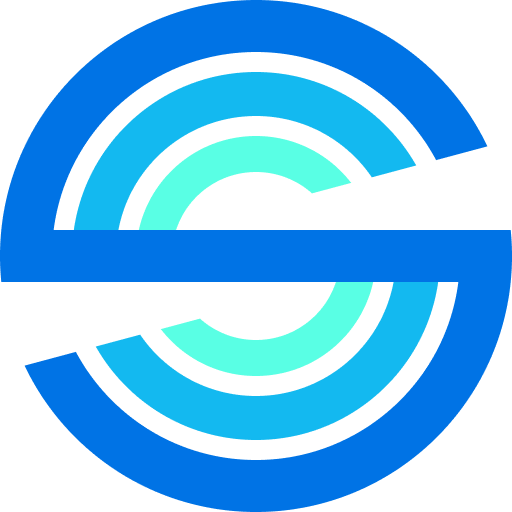Apple Car's Long & Winding Road Comes to an End

End of an era (error-a?):
Apple Inc. is canceling a decade-long effort to build an electric car, according to people with knowledge of the matter, abandoning one of the most ambitious projects in the history of the company.
Apple made the disclosure internally Tuesday, surprising the nearly 2,000 employees working on the project, said the people, who asked not to be identified because the announcement wasn’t public. The decision was shared by Chief Operating Officer Jeff Williams and Kevin Lynch, a vice president in charge of the effort, according to the people.
The two executives told staffers that the project will begin winding down and that many employees on the car team — known as the Special Projects Group, or SPG — will be shifted to the artificial intelligence division under executive John Giannandrea. Those employees will focus on generative AI projects, an increasingly key priority for the company.
On the surface, the shift to AI for those employees may not seem to make sense, except that undoubtedly a ton of the work for the car project was on the ML side – anyone who has been to the Bay Area in recent years has seen those fleets of Lexus cars with Apple rigs on top driving around – figuring out how to get the thing to self-drive. The car hardware folks, beyond those working on things related to the above, may sadly be let go, it sounds like.
The decision to ultimately wind down the project is a bombshell for the company, ending a multibillion-dollar effort called Project Titan that would have vaulted Apple into a whole new industry. The tech giant started working on a car around 2014, setting its sights on a fully autonomous electric vehicle with a limousine-like interior and voice-guided navigation.
It's easy to forget now, but 2014 was a truly different era in this space. Google's self-driving car project (now called Waymo) mixed with Tesla on the EV side had not just the car industry scrambling, but all industries. Everyone seemed certain that in a decade – so, now – we'd have fully self-driving electric vehicles whizzing around the streets of the world. Instead, self-driving technology seemed to get about 80% of the way there, then sort of hit a wall (or really, many walls – and sadly hit some other things too). And now EV sales have hit a wall. A perfect storm which makes Apple's call, while undoubtedly not easy (sunk cost fallacy to the extreme!) clearly the right one, for now.
Back then, Apple was under some pressure to find "the next big thing™", as they always are. Apple Watch work was clearly well underway, but the device was still a year away from launch. Same with what would become the Vision Pro, but that obviously was just released weeks ago. In the era of iPhone, Apple needed to (and still needs to) keep finding new ways to move that revenue needle. A car seemed like an obvious avenue to explore. Again, especially because many of their rivals were doing interesting, new things with technology in the space.
Add to this that many of Apple's key executives from Jony Ive to Eddy Cue to Phil Schiller (seriously, almost the entire C-suite at the time) were "car guys".1 Many of them undoubtedly wanted to help change the industry and build the most beautiful, functional, and powerful car ever – remember when Apple was said to be looking into McLaren?!
Alas, it was not to be. Because as hard as building a Vision Pro might be, building a car is harder. To quote Dr. Ian Malcolm in Jurassic Park, "Yeah, but John, If the pirates of the Caribbean breaks down, the pirates don't eat the tourists!" In other words, if a Vision Pro malfunctions, it's annoying. If an Apple Car malfunctions, it could literally be life or death. And as such, on top of everything Apple would have to do from a technological perspective, there are regulatory bodies galore to appease in the space. Just ask GM what that's been like for Cruise...
There had been some talk on-and-off throughout the years that Apple was downshifting their ambitions: maybe the car wouldn't be fully autonomous, maybe it wouldn't even be a car but instead the system which helps it self-drive, etc. But clearly, if Apple was ever going to do something here, it was going to be shipping a fully formed, beautiful car, which consumers could drive. Or not drive, as it were. And so you can probably read into this news that Apple feels like we're nowhere near that being feasible at the scale Apple would need in order for this to make any sort of business sense.
And so they'll seemingly stick with CarPlay – which is quite good – but leave the actual car-making to others. Meanwhile, the search is officially back on for "the next big thing™". Apple Glasses? Apple Rings? Nah. Think: bigger. My money is still on a bank. Which has already been happening quietly, behind the product scenes. Otherwise, time to buy Exxon?
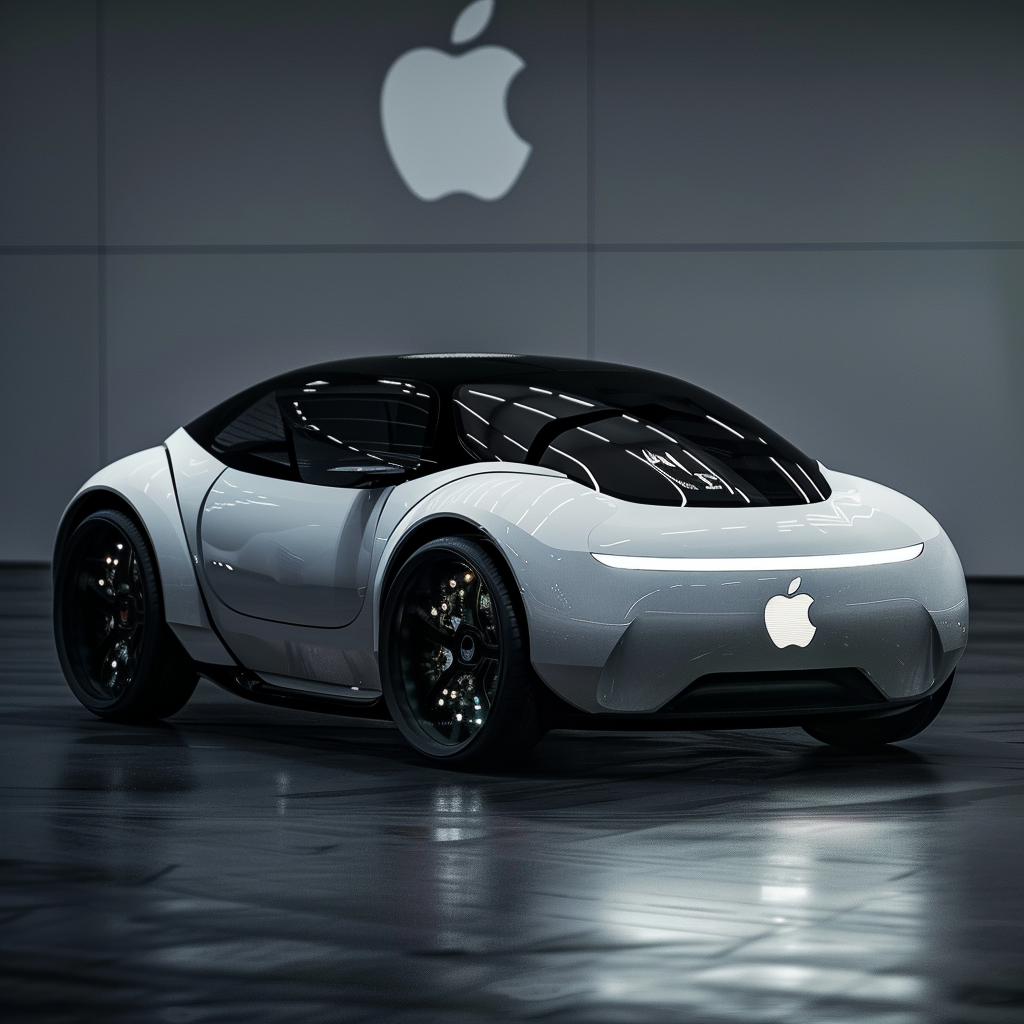
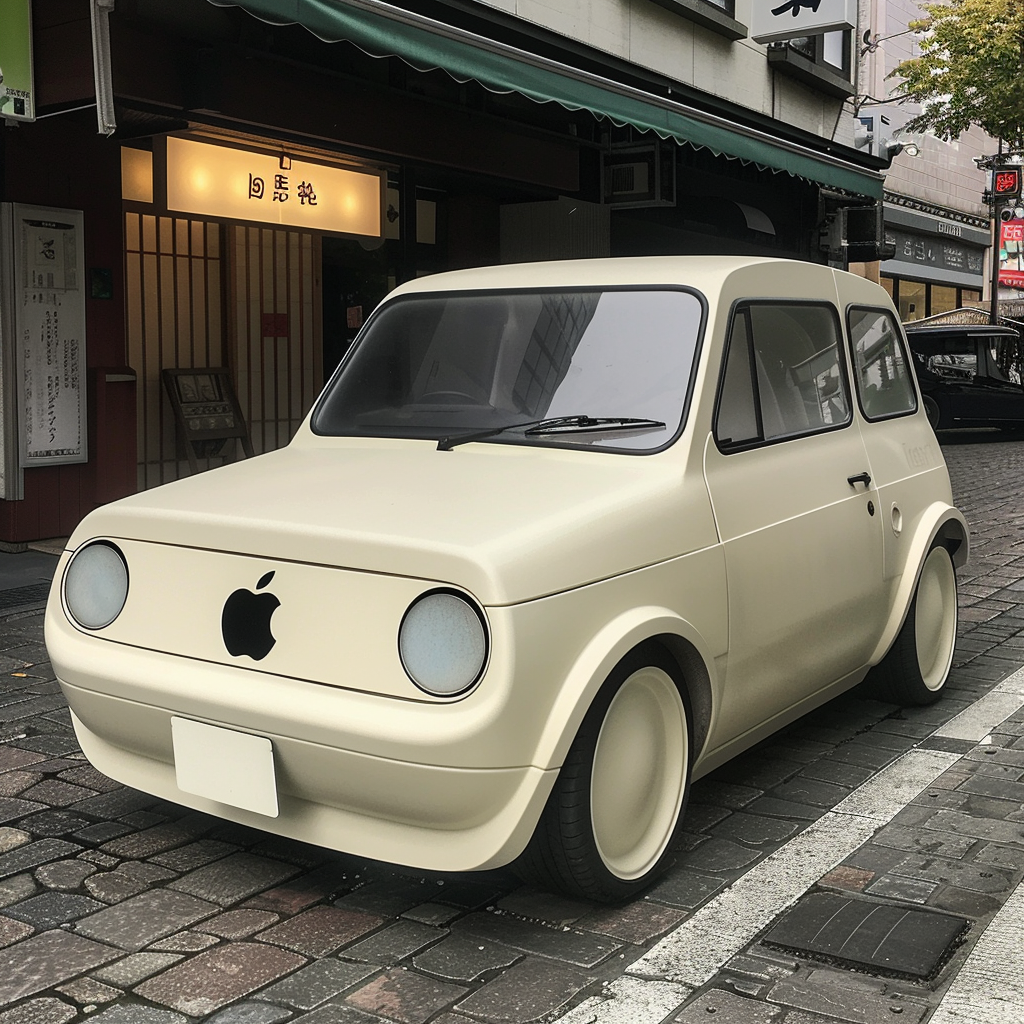
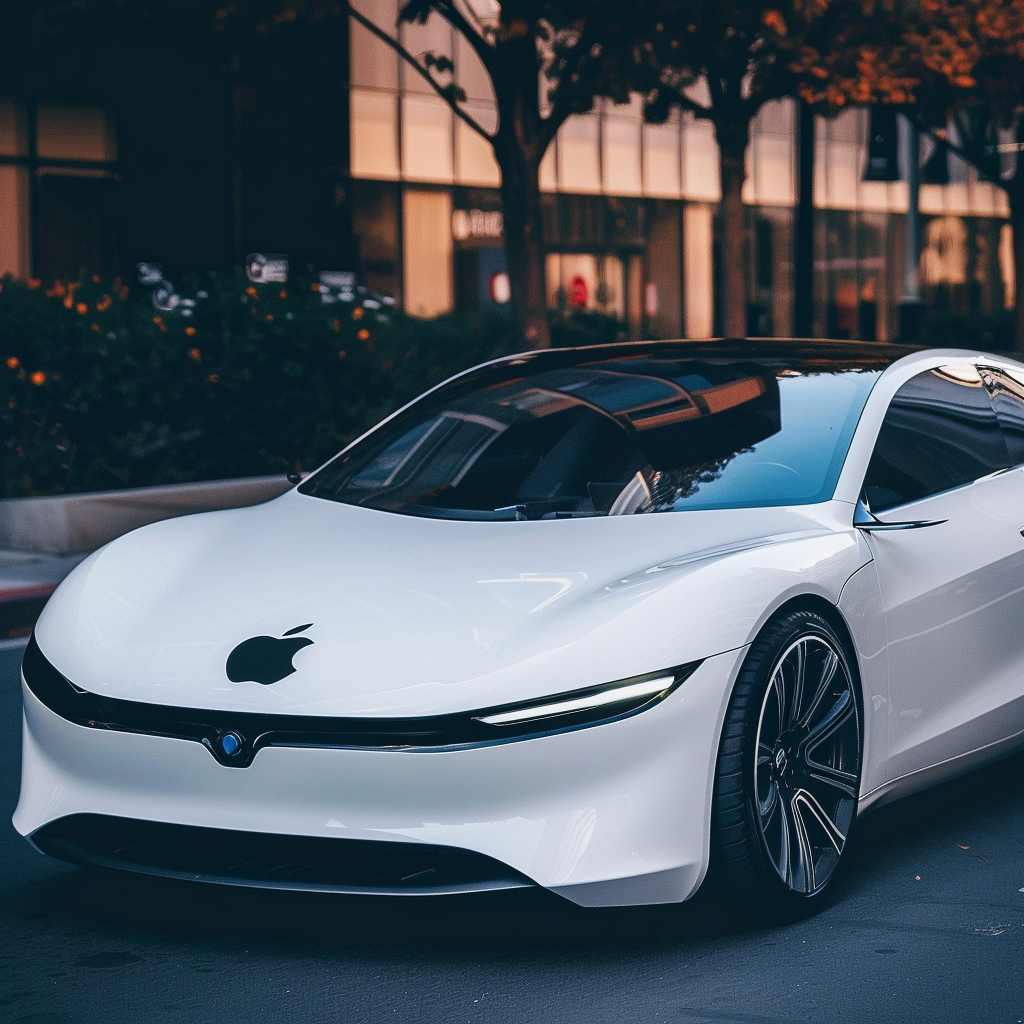
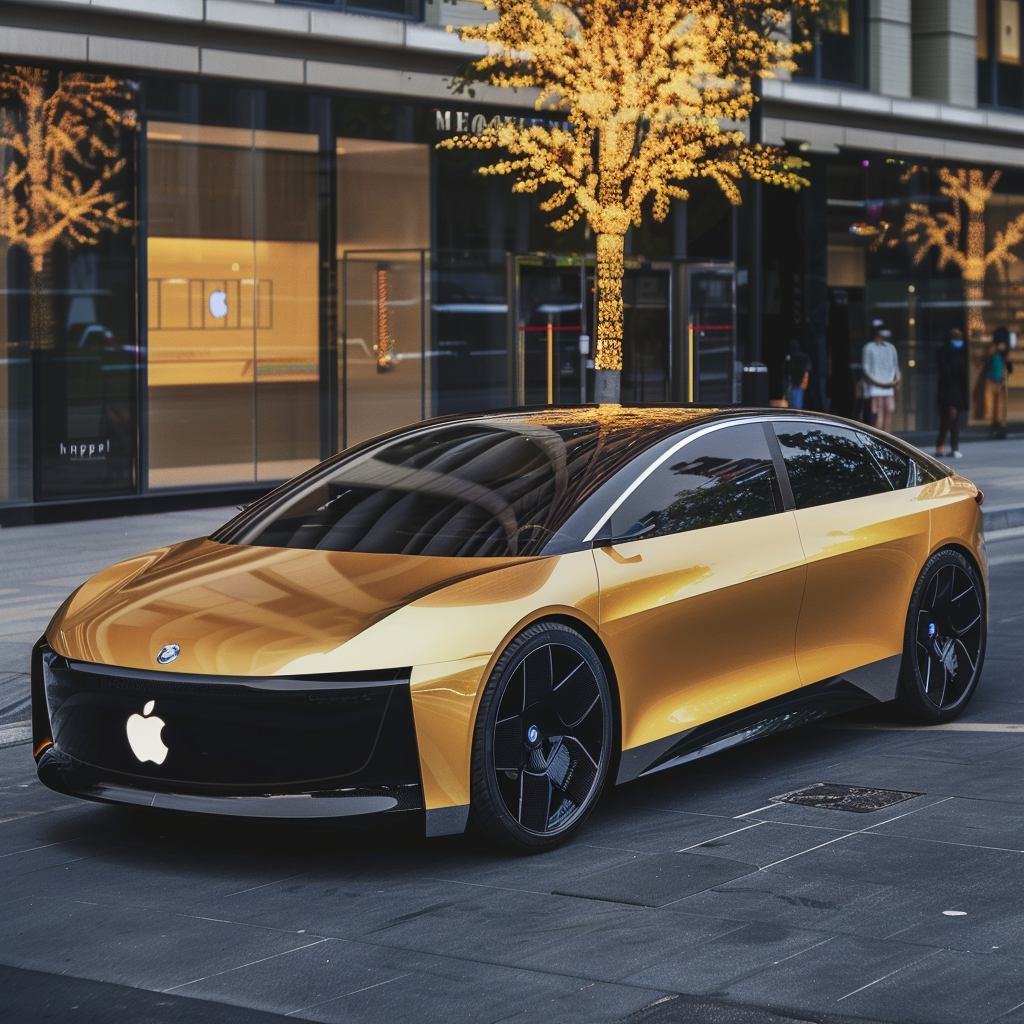
Apple's sick rides
One more thing:
Under the new arrangement, Lynch will report to Giannandrea. He previously reported to Williams, who also has overseen software engineering for the Apple Watch.
This is an interesting aside, since Lynch has also remained in charge of Apple Watch – which is clearly a Williams project and passion. Is something about to change there too?
More on 2/29/24:
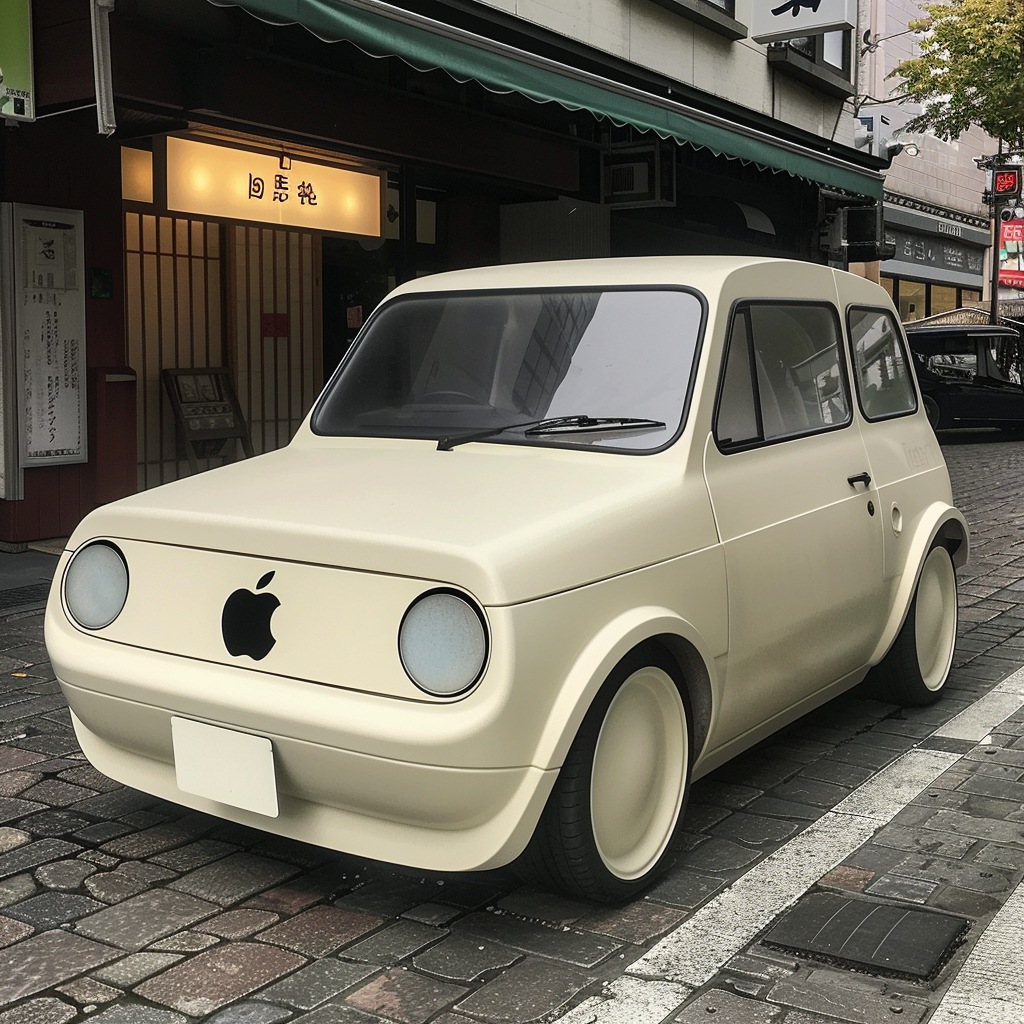
1 Cue joined the board of Ferrari in 2012. Incidentally where Ive is now said to be designing a car in partnership with his LoveFrom firm.


